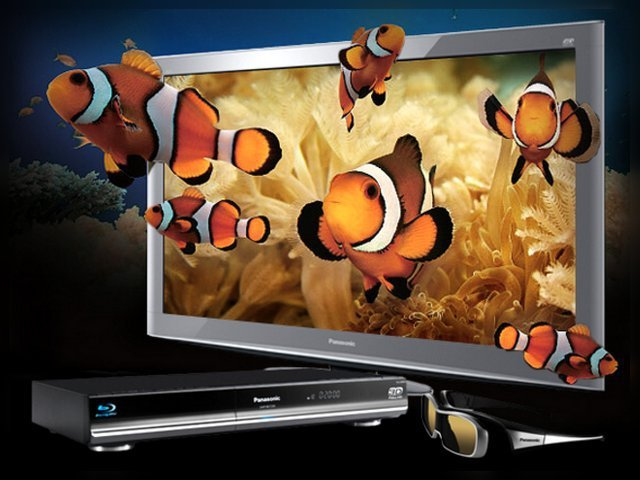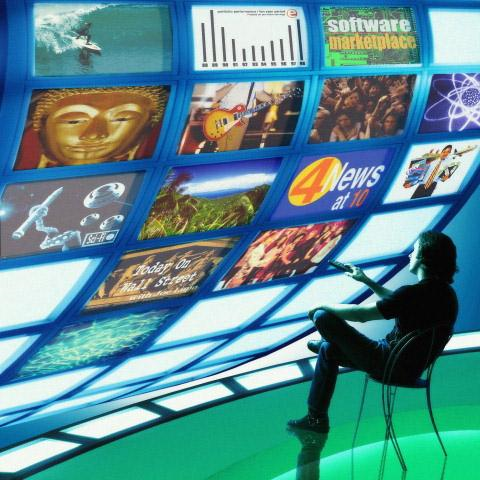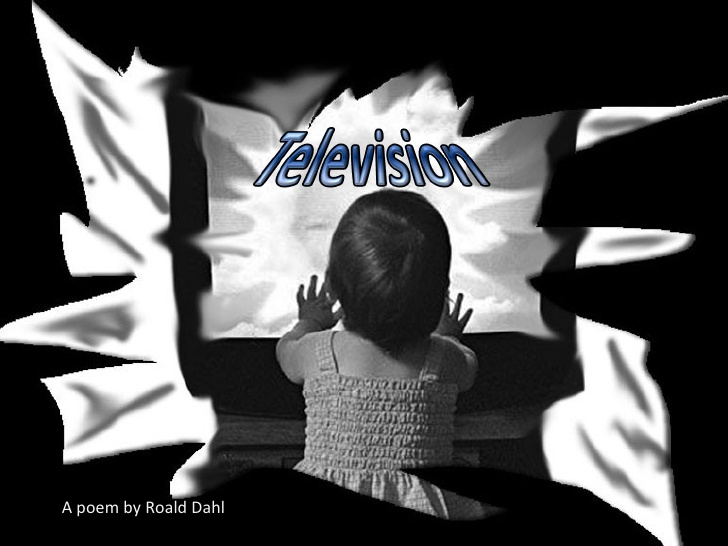
- •2Nd level – Pre-Intermediate Almaty. 2015 part II
- •1 Make questions by putting words in brackets in the right order.
- •1. Where___ your sister work?
- •Glossary
- •1. Learn by heart the poem
- •2. Part III.3. Texts for reading. Read and translate the text 1.
- •References
- •1. Where___ your sister work?
- •3. What_______ you talking about?
- •4. What does he do?
- •Glossary
- •References
- •2 Complete the questions about your brother/father with a verb in the present simple.
- •I know he is going to be successful. He is very__
- •3 He only thinks about himself
- •4 Write opposite adjective: hard-working
- •Glossary
- •References
- •1 Can you match the words to the descriptions?
- •Holidays
- •Glossary
- •References
- •Leisure time
- •Glossary
- •References
- •Glossary
- •References
- •Glossary
- •References
- •1 Put the correct article (a, an, the, or nothing) into the paragraphs below.
- •2 Choose the best two words for each sentence.
- •Glossary
- •References
- •Glossary
- •References
- •Include the information about :
- •Have you ever bought a present for birthday?
- •Verbs used with clothes
- •Glossary
- •References
- •Glossary
- •References
- •Infinitive [1, p.128]
- •The role of Internet
- •References
- •2 Match the jobs to the definitions.
- •Glossary
- •Glossary
- •References
- •Glossary
- •References
- •We are living faster, but are we living better?
- •Glossary
- •References
- •Glossary
- •References
- •1 Put in good or well.
- •Weather and climate
- •Glossary
- •References
- •2 Match the words and phrases that have the opposite meaning(Antonomy)
- •1 How can we save the environment of our city? Finish the sentences.
- •1.Animals are…
- •1 Animal parts odd one out.
- •Exercise 5 Read the first paragraph of the text and translate. [3, Topic 32, pp 169-170] celebrations and ceremonies
- •References
- •East or west, home is best.
- •Glossary
- •References
- •The homeland is more worth than gold.
- •Glossary
- •References
- •Block 1
- •Lexical grammatical tests
Glossary
English
Kazakh
Russian
Rainforest['reɪnˌfɔrɪst]
тропиктік орман
тропический лес
Adventure[əd'venʧə]
оқиға күтпеген жағдай
приключение
Excursion[ɪks'kɜːʃ(ə)n]
саяхат
экскурсия; круиз, путешествие
Expedition[ˌekspɪ'dɪʃ(ə)n]
экспедиция
экспедиция
hand-luggage[hænd] ['lʌgɪʤ]
қол жүгі
ручная кладь
Briefcase['briːfkeɪs]
портфель
портфель
Delay[dɪ'leɪ]
қоятұру, кейінгеқалдыру
откладывать, задерживать
Boattrip[bəut] [trɪp]
теңіз саяхаты
путешествие на лодке
Businesstrip['bɪznɪs] [trɪp]
мамандардыіссапарменжіберу
деловая поездка; (служебная) командировка
Immediately
тез, дереу
немедленно, тотчас же, сразу
LIW
–
1. Learn by heart the poem “It's A Hard Road”
Part III.3. Texts for reading. Read and translate the text- 8
I'll travel south and I'll travel north I'll travel east and I'll travel west I just want to find the road that is best
The train it did slow I'm in a new place
The moonlight does glow On my tired face It's time for me To try and find a bed It's time for me To rest my weary head
Office hours
–
Write a reply to the situation(100words).
A friend wants to get to know your country and planning a tour. What advice would you give about places to visit, travel, accommodation, eating out, shopping, sightseeing, things to bring and souvenirs to buy?
References
Main literature:
1.New English file (pre-intermediate) Student’s book, ClieveOxenden Christina Latham – Koening. Oxford University Press, 2010
2. New Inside Out (pre-intermediate) Student’s book Sue Kay & Vaughan Jones Macmillan 2012
Additional literature:
3.New English file (pre-intermediate) Work book , ClieveOxenden Christina Latham – Koening. Oxford University Press, 2010
4. New Inside Out (pre-intermediate) Work book . Sue Kay & Vaughan Jones Macmillan 2012
5.“Essential grammar” R.Murphy. Second edition. (pre-intermediate)l. Cambridge University Press. 2009.
6.onestopenglish.com
 WARMING
UP
WARMING
UP Television has proved that people will look at anything rather than each other. - Ann Landers.
CONSOLIDATION. a) Say about a place where you have been on holiday and would like to return.
b) Say about the best way to travel. What means of transport do you prefer? Why?
Eg. I think the best way to travel is by train. You can see many places, meet different people, make friends, have a fan.
HAND-OUT № 39
Discipline: English as a foreign language Credits: 2
Pre-intermediate level Practical lesson
Lexical theme: Television in our life.
Grammatical theme: Articles
English teacher: Sariyeva Aida Kamzaevna

ARTICLES: the, a/an, no article
Use the definite article the when there is only one of something.
The Earth goes round the sun, and the moon goes round the earth.
Use the definite article the with the names of rivers and groups of Islands.
Eg. Which is longer the Severn or the Danube?
Use the indefinite article a/an to say what kind of thing is, or what kind of person somebody is.
Eg. That is a nice table. Tom’s father is a doctor.
We do not use the with most names of countries, cities, states, streets or lakes.
Eg. She is from Kazakhstan. She lives in Almaty.
 Exercise
1 Put the
definite article
the where
necessary. If you don’t need the,
leave
the space empty.
Exercise
1 Put the
definite article
the where
necessary. If you don’t need the,
leave
the space empty.
Sarah spends most of her free time watching ______ TV.
Do you ever listen to ______ radio?
What do you want for ________ breakfast?
What’s ________ capital city of Canada?
Moon goes round ____ earth 27 days.
Exercise 2 Put articles the or a/an where necessary.
a) Excuse me , where is ______ bus station please?
b) There were no chairs, so we sat on _____ floor.
c) Would you like _____ apple?
d) Could you close ______ door please?
e) How often do you go to _____ cinema?
Exercise 3 [ 1.3.8]

Say if you think these statements true (T) or false (F)
T
F
a
The first caller’s name is Julie
b
Julie: Live in the present not in the past
c
Giovanna: Spend much time watching TV
d
Miriam: Every weekend make list of good things
e
Michal: Try to use positive language to your family
Exercise 4 Listen again and answer the questions.
What advice did Andy’s give to listeners?
Why don’t we think about our mistakes?
How can we change negative thoughts into positive?
Why shouldn’t we spend a lot of time watching the news on TV?
How can we help other people when they have a problem?
 Exercise
5
Read
the text and translate the first two paragraphs.
“Television in our life”
Exercise
5
Read
the text and translate the first two paragraphs.
“Television in our life”Television brings the world in our life. It helps us to understand people from other countries, to know their customs and traditions. One can find TV-programmes for children, teenagers, for sport fans and for people of various professional interests.
There are many kinds of television programmes and television channels in our country. The number of them increase constantly to meet all the tastes and needs of the viewers.

We can watch great events which will pass into history and famous people. Now people can get more information from various sources, find out different viewpoints, compare the positions and political programmes, and thus they can exercise one of the basic rights — the right to have full information about the events in their country and abroad. But to my mind people spend a lot of time before the television screens.
Television is the great entertainment and propaganda machine. From one hand it makes a lot to entertain people. On the other hand television can do some harm for certain people by the propaganda.
With the increasing number of TV-progammes the number of TV-viewers is also regularly increases. And their tastes are also increase and change. That is why from time to time some programmes are changing to another programmes. TV-channels try to attract viewers with the help of different shows, conserts or interesting programmes. Apart from their entertainment value, they provide useful topics of conversation.
Exercise 6 Read the text and write suitable heading to each paragraph
Exercise 7 Speak on the given topics: “My favourite TV programme is Planet Earth on Discovery Channel” or “The Animal Planet”


Exercise 8. Discuss the following questions with your partner. Do you think that TV programme gives us many useful and interesting information? Why?
But television may lead to poor health, lack of sleep or exercise.


Do you agree or disagree with these points?
______Asia is bigger than _____ Europe.

a, the
– ,-
The, the
-, a
2. You can always see ______ Moon in _____ sky at _____night.
The, a, the
-, the, -
the, the, -
a, a, the
______ Mississippi River is in ____ United States.
A, the
-, the
the, the
the, a
____ Almaty is _____ biggest city in _____ Kazakhstan.
-, the, -
the, a, the
a, the, the
-, -, the
